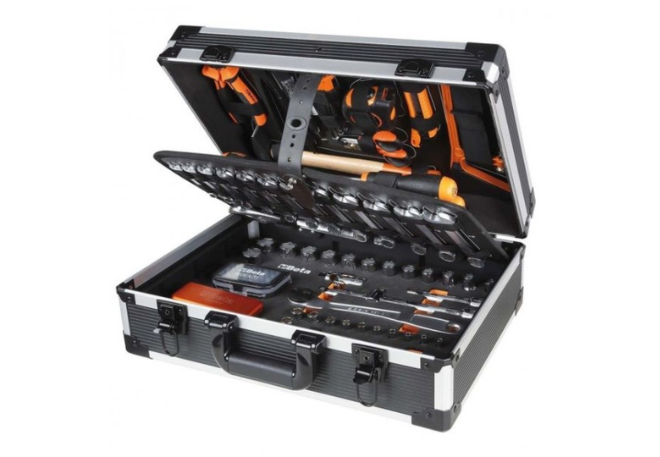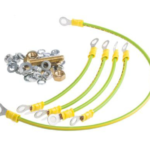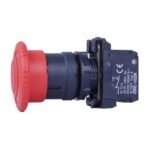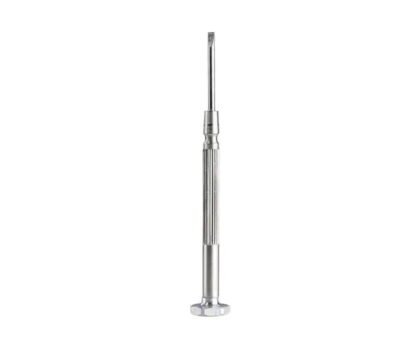The mechanical tool box has always been an integral part of any technician’s, mechanic’s, or DIY enthusiast’s arsenal. Housing an assortment of wrenches, pliers, hammers, and screwdrivers, these tool boxes have remained relatively unchanged for decades. However, as technology continues to redefine boundaries and reshape industries, even the humble mechanical tool box is undergoing a transformation. The future of hands-on work is set to be influenced by innovations in the way we store, access, and use our tools.
Smart Integration
In the age of the Internet of Things (IoT), connectivity has become paramount. The mechanical tool box of the future will likely incorporate smart features that can connect to your smartphone or tablet. Imagine a toolbox that sends notifications when a tool is missing or when maintenance is due. With RFID tags and Bluetooth connectivity, these toolboxes can also keep a log of the tools you use most frequently, helping you streamline your workflow.
Modular and Customizable Layouts
One size no longer fits all. As the variety and specialization of tools increase, there’s a need for tool boxes that can be customized according to individual preferences and job requirements. Magnetic dividers, adjustable compartments, and removable tool trays are just some of the features making their way into the modern “Mechanical Tool Box”. With these features, users can rearrange their tool boxes in a way that best suits their tasks, ensuring efficiency and convenience.
Enhanced Durability and Protection
The mechanical tool boxes of the future will not just be about storing tools; they will be about protecting them too. We are beginning to see tool boxes made from materials that are both lightweight and incredibly durable. Advanced polymers, reinforced with materials like carbon fiber, offer resistance against impact, heat, and chemicals. Furthermore, weatherproof seals and built-in corrosion inhibitors can safeguard tools against environmental damage, ensuring longevity.
Eco-friendly Materials and Design
As the world becomes increasingly conscious of its ecological footprint, even the domain of the “Mechanical Tool Box” is not spared. Manufacturers are exploring sustainable materials for production. Bioplastics, made from renewable sources like corn starch or sugarcane, are making their way into tool box designs. In addition to the choice of materials, energy-efficient production methods and recyclable designs underscore a commitment to a greener planet.
Advanced Security Features
Theft and unauthorized access have always been concerns for professionals. With tools becoming more specialized and expensive, there’s a growing need to ensure their safety. The tool boxes of the future will incorporate advanced security features – from biometric access to GPS tracking. If your toolbox goes missing, you could trace its location with the help of an app. Also, fingerprint or retina scans can ensure that only authorized personnel can access the contents, offering peace of mind to owners.
Ergonomic Designs for Improved Mobility
The worksites of today are dynamic and often require technicians to move around frequently. Recognizing this need, the next generation of Mechanical Tool Box will place a strong emphasis on mobility. Ergonomic handles, balanced weight distribution, and smooth-rolling wheels will make it easier than ever to transport tools across large sites or between locations.
Conclusion
The “Mechanical Tool Box” has come a long way from being a mere storage box. As technology integrates deeper into every aspect of our lives, it’s exciting to envision how the tool boxes of the future will adapt, evolve, and redefine hands-on work. Through smart integrations, eco-friendly designs, advanced security, and more, the future indeed looks promising for hands-on workers across the globe.





